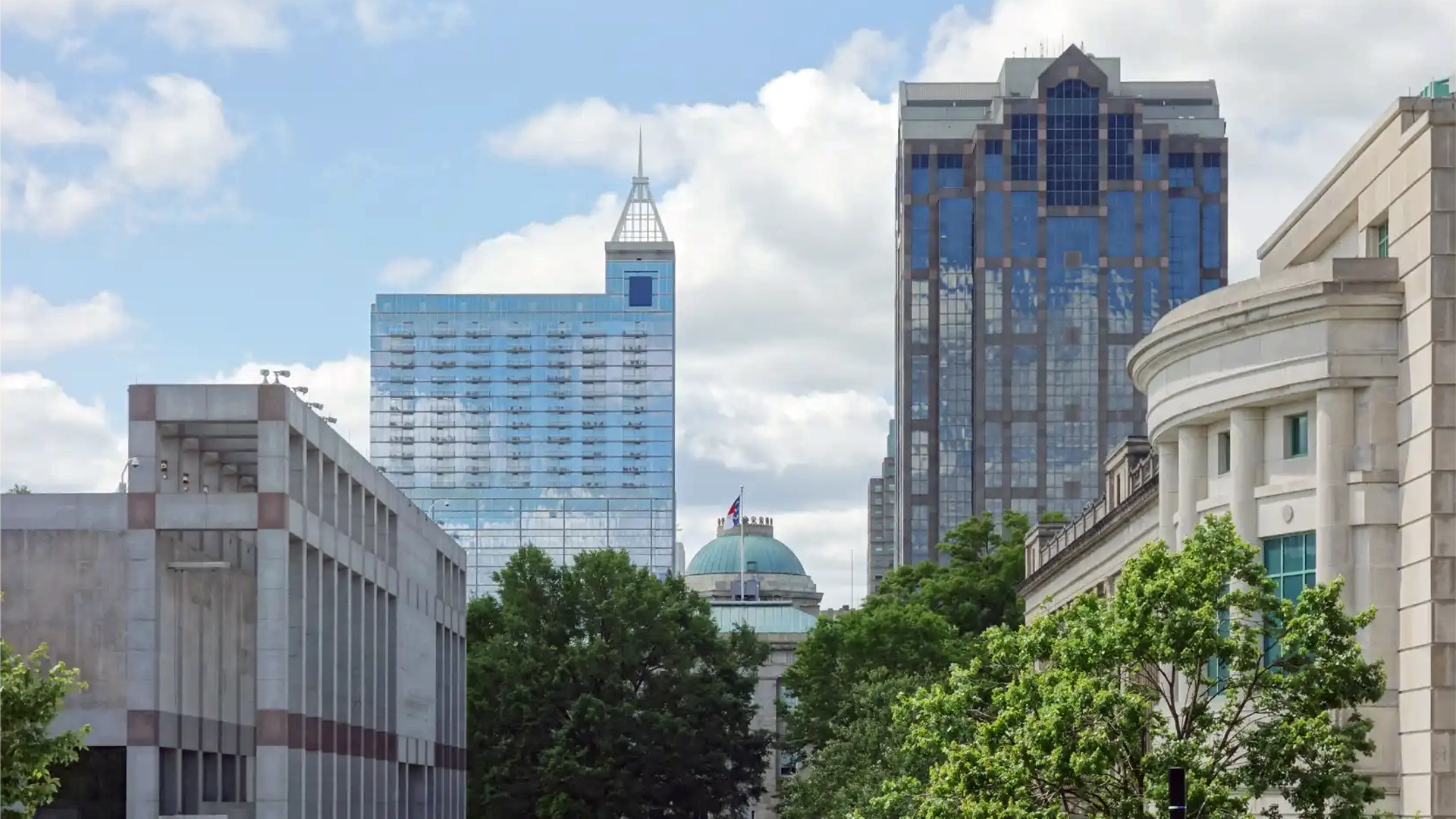SCOTTISH INDEPENDENCE II More of my musings on the Referendum and why I hope Scotland…


SCOTTISH INDEPENDENCE II More of my musings on the Referendum and why I hope Scotland…
Pay Judges More (Yes, I mean it) The other day I was reading my Scottish…
2012 Elections Face it, most people have no idea what they’re doing when they see…
